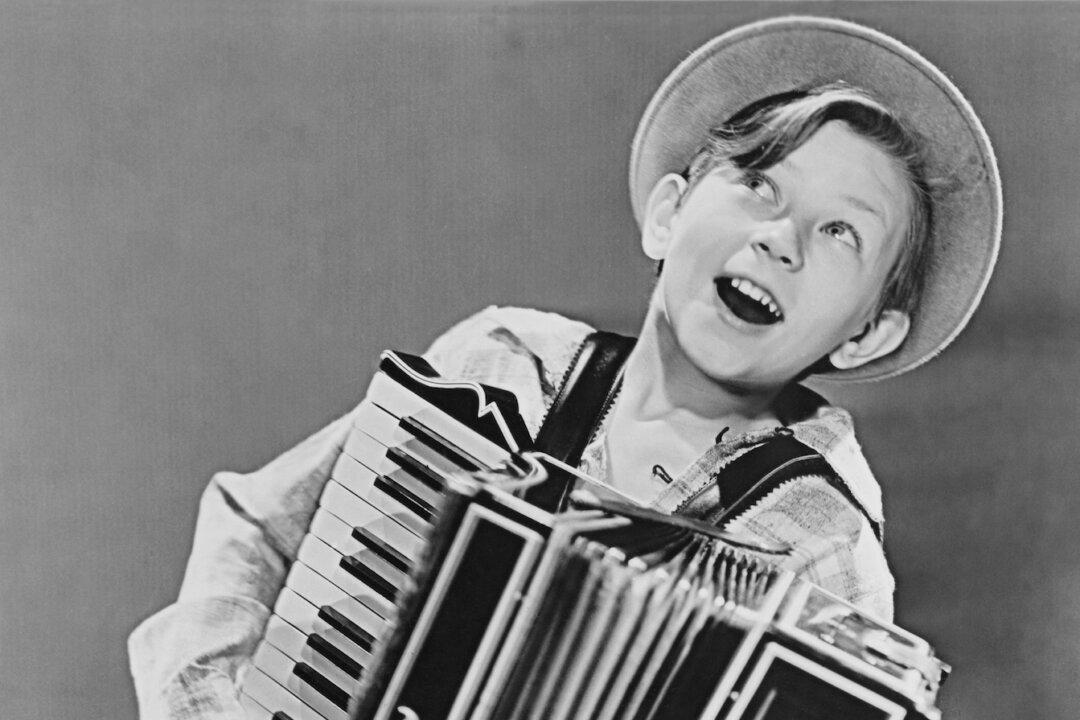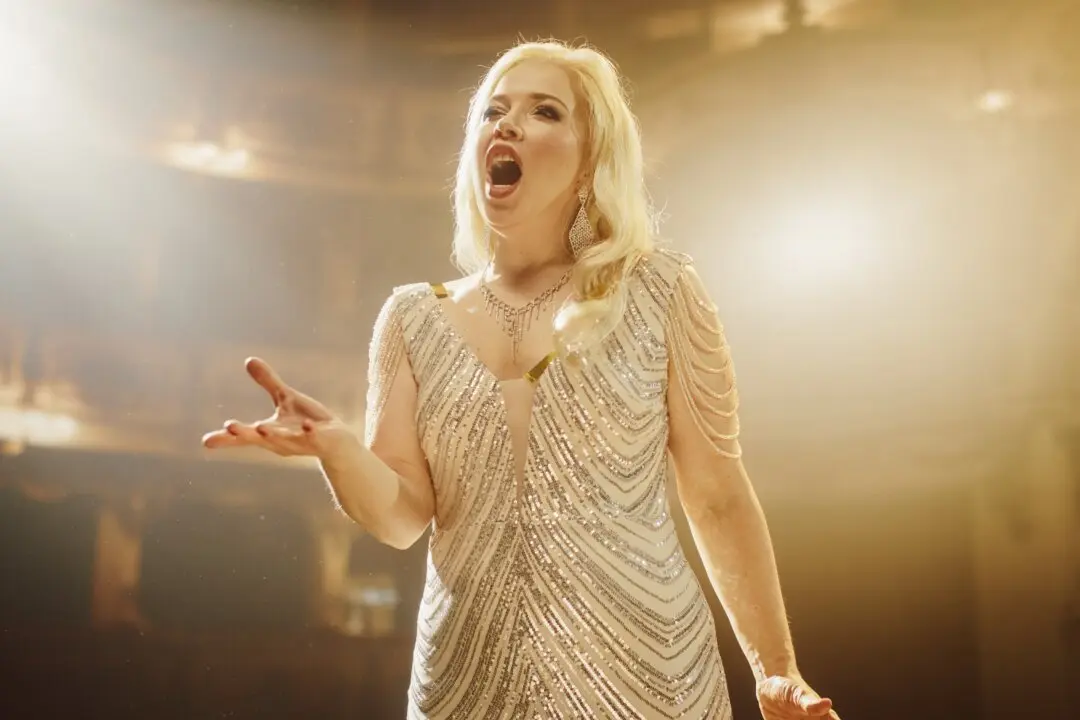Commentary
I’m always on the lookout for hidden gems from the Golden Era of Hollywood. It’s amazing how many now-forgotten movies feature great performances from the early careers of famous entertainers. “Sing, You Sinners” is just such a film. Released in 1938, it’s the story of three brothers, played by Bing Crosby, Fred MacMurray, and Donald O’Connor—all younger than you’ve probably ever seen them before.





